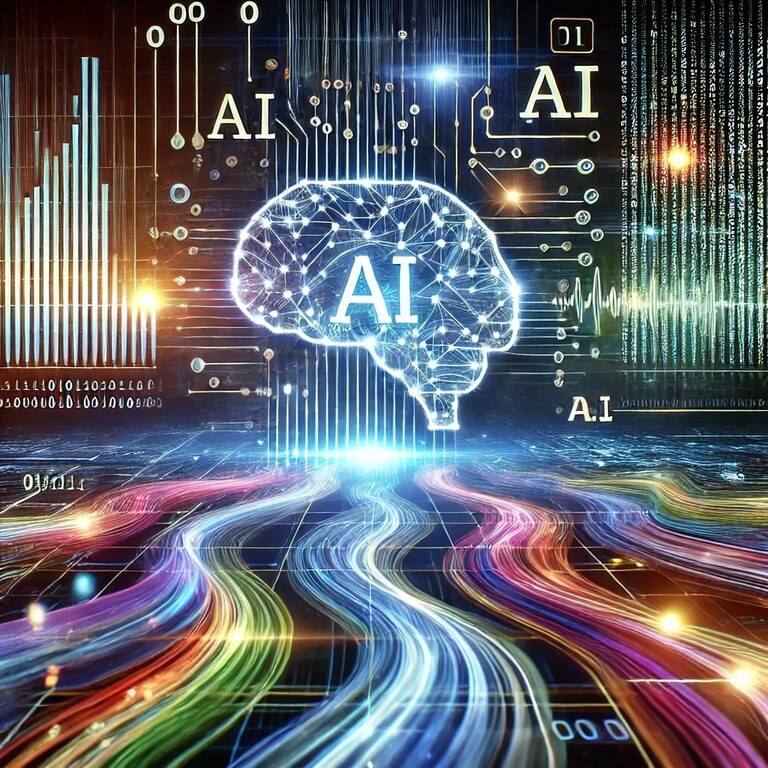Quantum computing promises to transform industries that rely on large-scale data analysis. By 2025, this technology will revolutionise fields like pharmaceuticals, finance, and research. This post will explore how quantum computing will change data processing and its implications for businesses.
The Promise of Quantum Computing in Data Processing
Quantum computing will soon surpass traditional computing in processing power. By exploiting quantum mechanics, it can perform complex calculations at remarkable speeds. This capability allows quantum computers to process multiple possibilities at once. For industries handling vast datasets, such as pharmaceuticals and finance, this will be a game-changer.
In pharmaceuticals, quantum computing will speed up drug discovery. It can also optimise trading algorithms in finance. These industries will benefit from faster and more accurate data processing.
Quantum Computing in Pharmaceuticals: Accelerating Drug Discovery
The pharmaceutical industry generates huge amounts of data. Currently, drug discovery involves analysing molecular structures and predicting drug interactions. Quantum computers will improve these processes by simulating molecular dynamics more efficiently and accurately.
By 2025, quantum computing will help identify new drug candidates faster. This will shorten development times and cut costs. Additionally, it could lead to breakthroughs in treatments for diseases like cancer and Alzheimer’s by improving protein folding predictions.
Quantum Computing in Finance: Transforming Risk and Investment Models
The finance sector relies on accurate data analysis for predicting trends and optimising investments. Traditional computers struggle to process the complex data sets financial markets generate. Quantum computing will change this by simulating more variables at once, providing deeper insights into market behaviours.
Quantum algorithms will improve risk assessments, fraud detection, and market predictions. By 2025, these advancements will help optimise trading strategies and improve financial decision-making.
Quantum Computing in Research: Unlocking New Frontiers
Research fields such as physics, climate science, and AI depend on vast amounts of data. Quantum computers can solve problems that were previously impossible for traditional computers. In climate science, quantum models will provide more accurate predictions about climate change.
AI research will also benefit. Quantum computing will accelerate machine learning, enabling AI systems to learn faster and more efficiently. This could impact everything from autonomous driving to medical diagnostics.
The Challenges of Quantum Computing in Data Analysis
Despite its potential, quantum computing faces several challenges. One issue is quantum decoherence, where quantum states lose information due to external interference. This makes maintaining stable quantum computers difficult.
Additionally, quantum computers require specialised hardware and extreme cold temperatures to operate. This makes them expensive and complex to maintain. Overcoming these obstacles will require significant investment and skilled professionals.
The Road Ahead: What to Expect by 2025
By 2025, quantum computing will be more widely integrated into industries that rely on data analysis. Advances in quantum error correction and new algorithms will make quantum computing more accessible. Pharmaceuticals, finance, and research will be the first industries to adopt large-scale quantum solutions.
Conclusion
Quantum computing will play a key role in data analysis by 2025. Industries such as pharmaceuticals, finance, and research will experience major breakthroughs. While there are challenges, the potential benefits are enormous. The future of data processing looks set to change dramatically as quantum computing becomes more mainstream.








